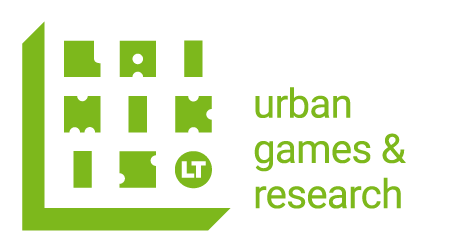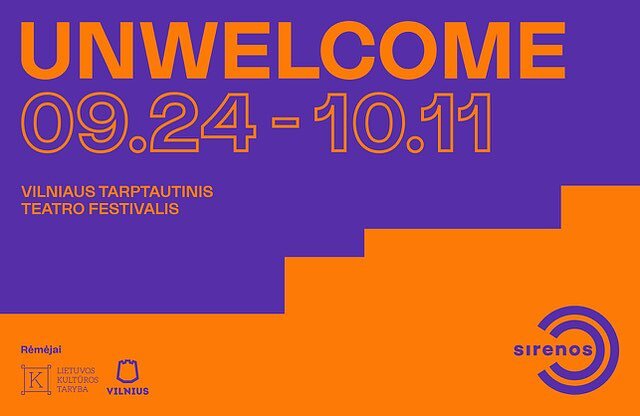-
Woodish – stories of the wooden houses and circular skills (NCM)
Project title: Stories of the Wooden Houses: Circular Skills and Lifestyle Narratives of the Historical Housing Inhabitants in Nordic and Baltic Countries Project locations: – Itätulli wooden neighbourhood in the city of Pori, Satakunta region, Finland; – wooden houses in the city of Trondheim, Trøndelag country, Norway; – historical part of Šnipiškės district, Vilnius, Lithuania;…
-
Come to the Yard (Išeik į kiemą)
What: a series of tours to the yards, guided by the locals Come to the Yard (LT: Pasakojimų-pasivaikščiojimų serija „Išeik į kiemą“). Idea: Shared yards are places of collective memory. Even though we grew up in similar spaces, the stories and things we like about our childhood and adulthood spaces differ. We invite people to…
-
Zero Hero – card game for circular skills
Name: Zero Hero (educational game for schoolchildren, developing circular skills). Client: Antakalnis City Lab. This organisation promotes zero waste movement to visitors of various ages. Challenge/task: How can circular skills and recycling become entertaining for schoolchildren? A task was to develop a learning format that educators could use with groups of children (7-11 years). Solution: A…
-
Mystery of the Beast (Kaunas 2022 opening game)
Title: Mystery of the Beast (urban game for the opening of Kaunas 2022) Client: Kaunas – European Capital of Culture 2022, NGO Location: Kaunas, Lithuania Challenge / Task: As soon as the main event of the European Capital of Culture 2o22 opening ends, Kaunas greets its visitors and inhabitants. How do we connect the opening…
-
Local stories & urban game: seminar
Call for a practical seminar for the curators of cultural organisations and active residents, which covers creative communication methods, capacity building for cultural organisations by mapping their hidden resources, and testing the games, one of which was developed during “I_Improve” project. Working language: Lithuanian. Mūsų paskutinio seminaro dalyviai klausė, kada galės išbandyti žaidimus gyvai: netrukus!…
-
Unwelcome guide (Vilnius international theatre festival “Sirenos”)
International Vilnius theatre festival “Sirenos” has launched Vilnius audioguide “Unwelcome” with 8 peculiar stops, among which there is a stop by the “Quay’s Arch” by Vladas Urbanavičius (installed during Vilnius – European Capital of Culture 2009 and mostly known by its alternative name – a Pipe), which evoked heated discussions about contemporary art in public…
-
Rural Cultural Planning (CBSS)
Project title: Rural Cultural Planning (project site); Description and goal: Smaller towns and rural communities offer many advantages which cities lack, such as easy access to nature, local traditions and skills, place-based food systems, etc. However, to take full advantage of the rebalancing between the urban and the rural, smaller rural communities need to activate…
-
Urban Cultural Planning – citizen-centred social innovation (Interreg BSR)
Project title: Cultural Planning as a proven method of citizen-centred social innovation (Urban Cultural Planning). Partners: Danish Cultural Institute (Leader), City of Pori, City of Riga, Guldborgsund municipality, Pomorskie Voivodeship, City Culture Institute, Heinrich Böll Foundation Schleswig-Holstein, Project company Kiel-Gaarden GmbH, The Baltic Sea Cultural Center, Copenhagen International Theater, University of Skövde, Inland Norway University…
-
River-oriented education in waterfront communities (Erasmus+)
I_Improve (Innovative, Informal Methodologies for Practical, River-Oriented and Versatile Education) is a cooperative European project co-funded by Erasmus+ Programme of the European Union.
-
Method Roulette for cultural organisations
Method Roulette is a tool for cultural innovations that enable organisations to find out their hidden resources and to create methods for cultural interventions. It helps to define targets, goals, and resources, matching them with the participatory methods.










